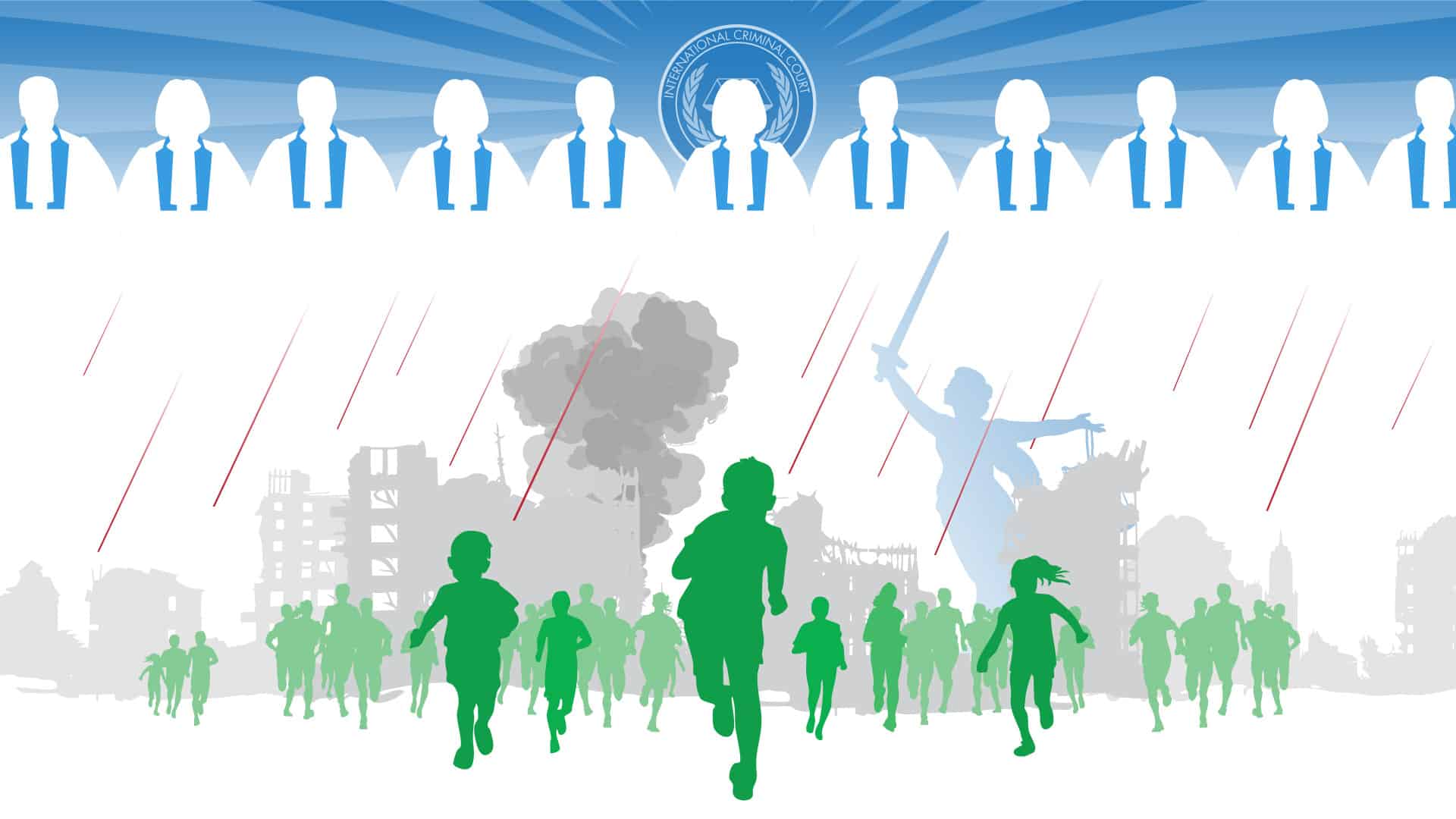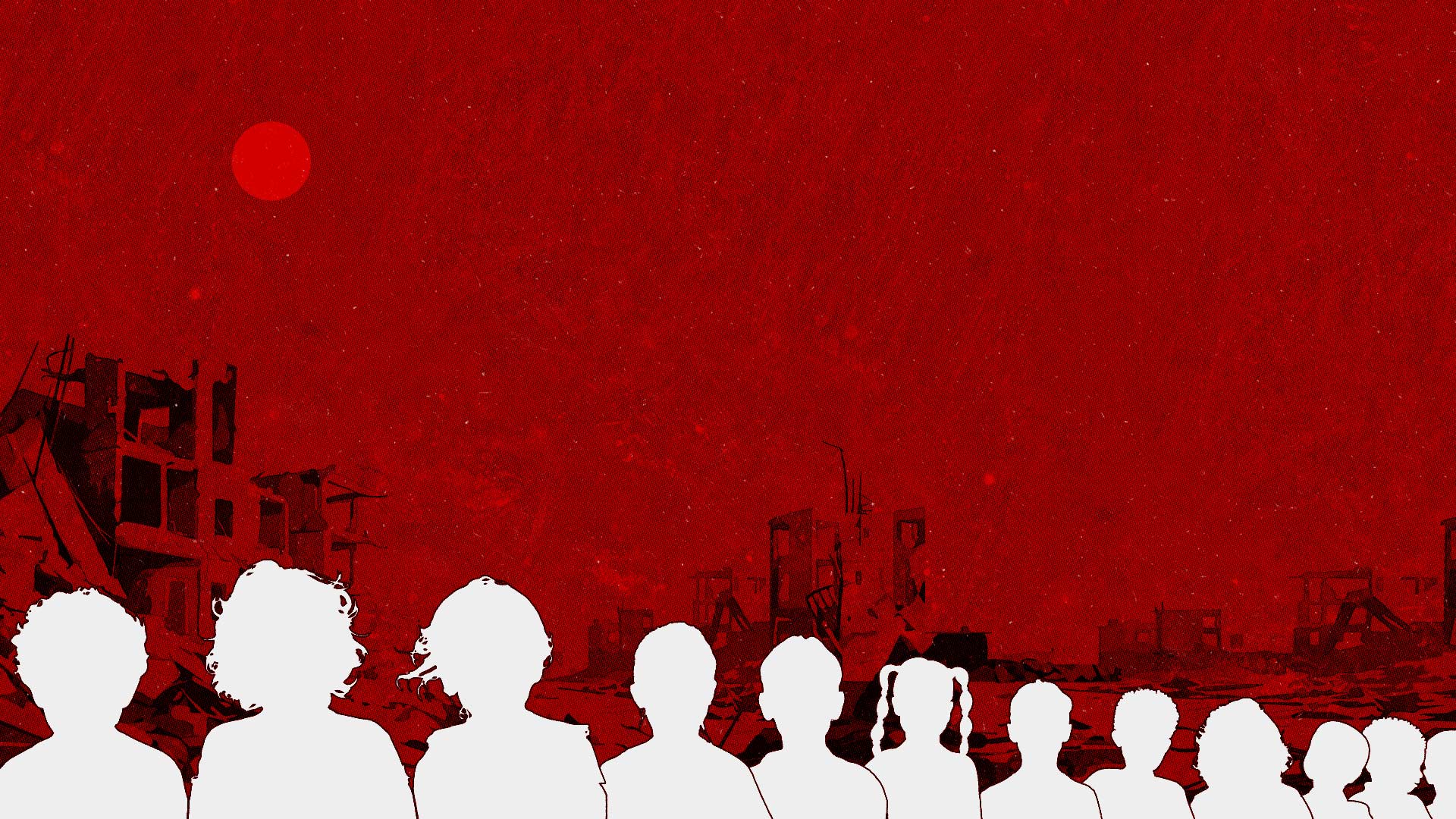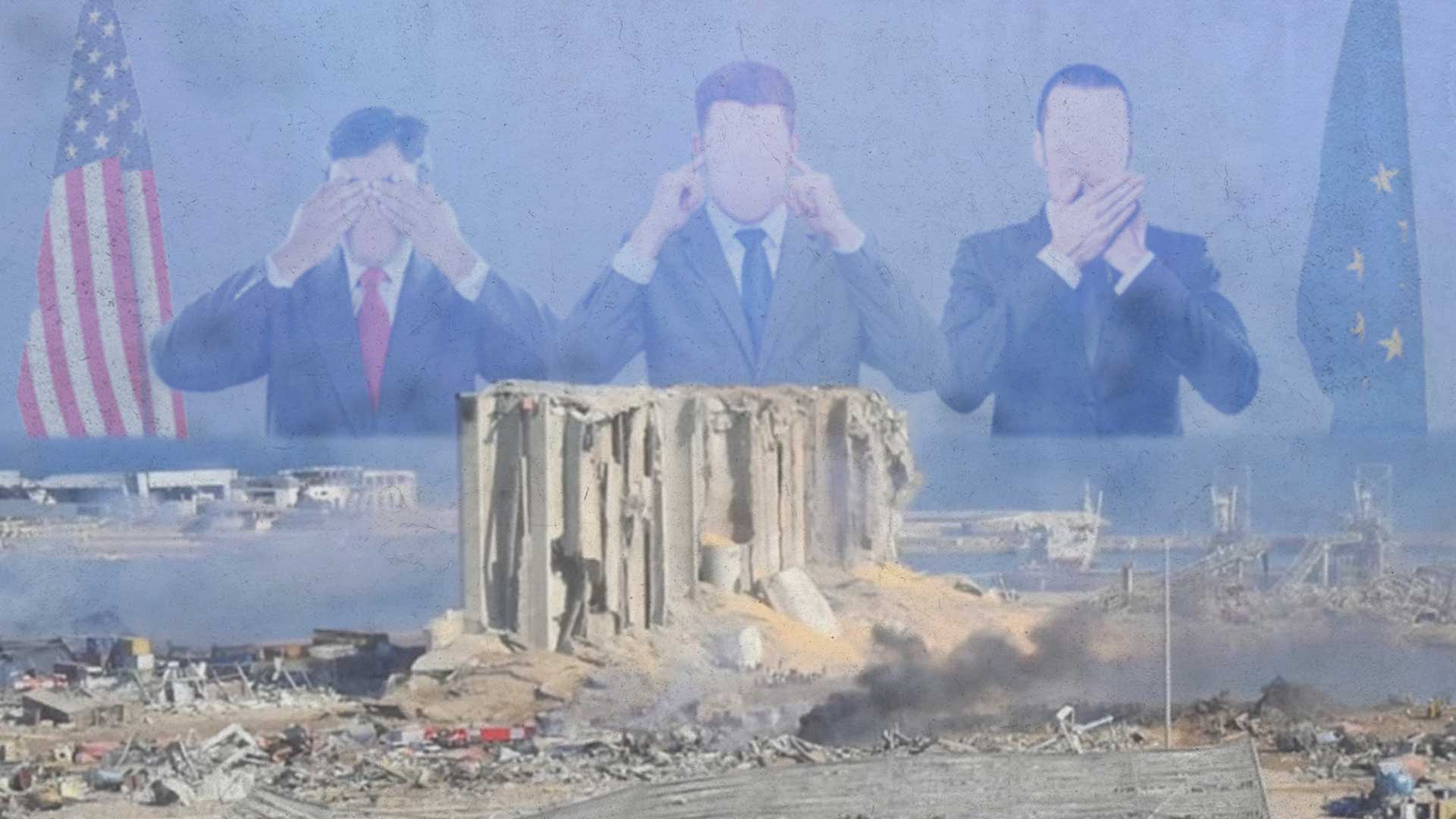Sonic Booms to Terrorise the Population
“Acts or threats of violence, the primary purpose of which is to spread terror among the civilian population, are prohibited.”
– Article 51(2), Additional Protocol I to the Geneva Conventions
The fighter jets from the Israeli air force have been regularly breaking the sound barrier over Lebanese cities in the past year, creating “sonic booms” that resonate like explosions, simulating air strikes, and can shatter windows, shake buildings, and spread panic. The Lebanese National New Agency recorded at least 111 instances between October 8, 2023 and August 20 this year. Since mid-September there have been near-daily reports of sonic booms, often multiple times per day. These have also occurred throughout the country, including areas unassociated with Hezbollah.
With the sonic booms conducted almost exclusively over civilian areas, there is no plausible military target or purpose. Without an associated military necessity or advantage, their sole function is intimidation and instilling fear in the population. This lack of a legitimate military objective likely entails that sonic booms violate jus ad bellum (the legality of using force), potentially breaching Article 2(4) of the UN Charter.
Additionally, such tactics may also violate Article 51(2) of Additional Protocol I and article 13(2) of Additional Protocol II, both of which forbid violence or threats aimed at spreading terror among the civilian population.
The Uncertain Road to Justice
The first necessary step in holding Israel accountable for its IHL violations is very much within Lebanese control. However, the country’s leaders appear reluctant to take it. Lebanon has not ratified the Rome Statute, which presents a significant barrier to pursuing a case at the International Criminal Court.
In April, the Lebanese government instructed the Ministry of Foreign Affairs to provide the ICC jurisdiction over all crimes committed within its territory since October 7, 2023. This decision would have retroactively granted the ICC the authority to investigate these violations. Unfortunately, the Foreign Ministry failed to act on the directive, with experts speculating that Lebanese leaders had become worried about becoming defendants themselves if they granted the ICC jurisdiction in Lebanon. Instead, Lebanon lodged a complaint against Israel at the UN. This, however, is unlikely to succeed, given that it would require a Security Council resolution and the US, which has to date vetoed more than 50 resolutions proposing sanctions against Israel, would likely do so again.
This situation underscores the legal complexities and the broader obstacles in pursuing justice. Despite the historic opportunity to hold Israel accountable for its crimes, Lebanon’s “government is simply unable or unwilling” to address the issue, “given there are other immediate priorities now and concern about hostile reaction from some Western states that protect Israel at all cost” according to Karim Makdisi, an associate professor of international politics at the American University of Beirut.
In regards to attacks on Lebanon Israel has initiated from within its borders, there may be additional routes to seeking justice aside from the ICC. Take, for example, the attack that killed journalist Issam Abdullah in October 2023.
“This is an attack that was launched from within Israel… [and] could be under the jurisdiction of the Commission of Inquiry on Israel and Occupied Palestine,” said Ramzi Kaiss, Lebanon researcher at Human Rights Watch. This commission, established by the UN Human Rights Council in May 2021, has jurisdiction to investigate all suspected violations of international law within the borders of Israel, the West Bank, and Gaza.
Lebanon could also explore the option of lobbying the UN General Assembly to establish an international mechanism to investigate and prosecute individuals for serious violations of international law. The Independent International Commission of Inquiry on Syria (IIIM) is a precedent for such. However, Lebanon’s experience with UNGA Resolution 61/194 – which called for Israel to compensate Lebanon for damages from the 2006 war but has yet to be enforced – illustrates the limitations of relying on the General Assembly. Nonetheless, it remains essential for Lebanon to bring these violations to the international stage and create a documented record of its grievances. Such efforts could prove crucial to pursuing future opportunities for justice.
Furthermore, Lebanon could gather and share evidence with countries that exercise universal jurisdiction, encouraging them to investigate and prosecute dual nationals involved in crimes committed in Lebanon. For instance, Belgium has recently launched an investigation into possible war crimes committed by a dual national fighting for Israel in Gaza. These efforts are consistent with the obligations of states under the Geneva Conventions and customary international law to prosecute war crimes, irrespective of where they occurred or the nationalities of those involved.
Ultimately, the interplay of Lebanon’s internal dynamics, the international community’s double standards, and Israel’s history of non-compliance with international resolutions creates a challenging environment for achieving justice. To move forward, it is crucial for Lebanon to find the political will to pursue accountability and for the international community to uphold consistent standards in human rights enforcement. Only then can the victims of these violations hope to see the justice they deserve.



